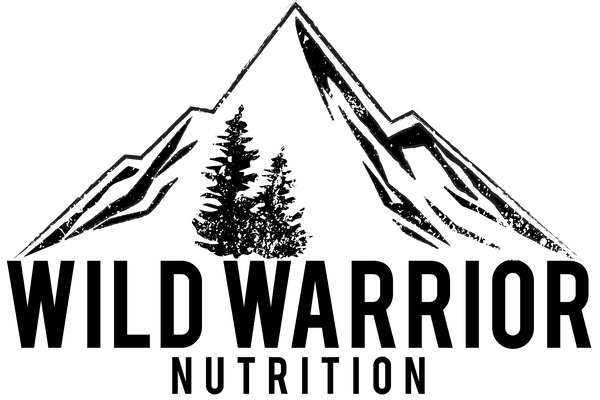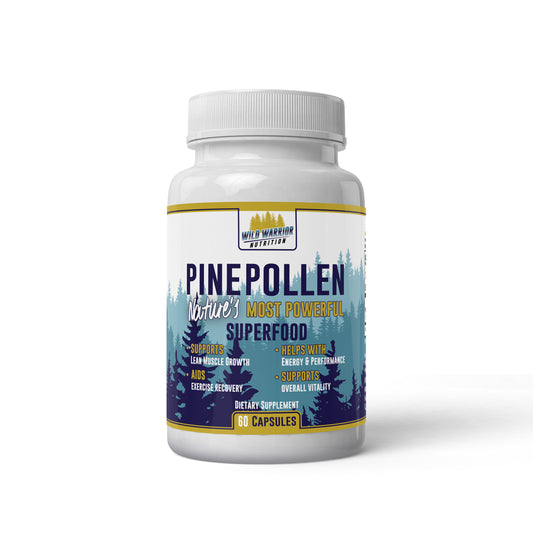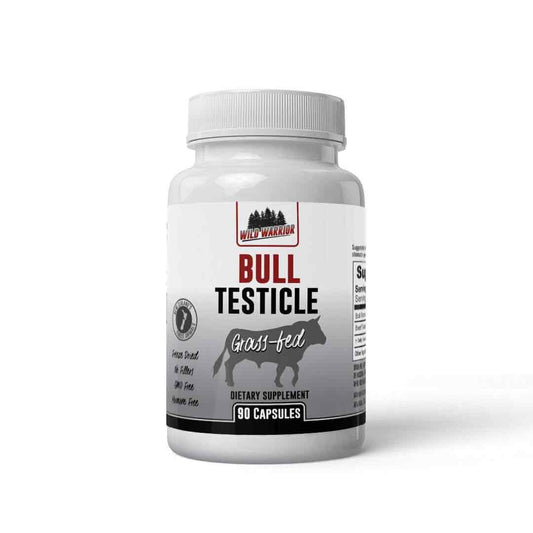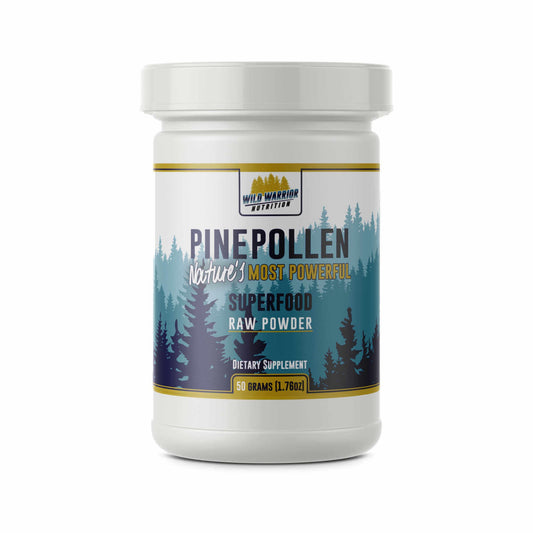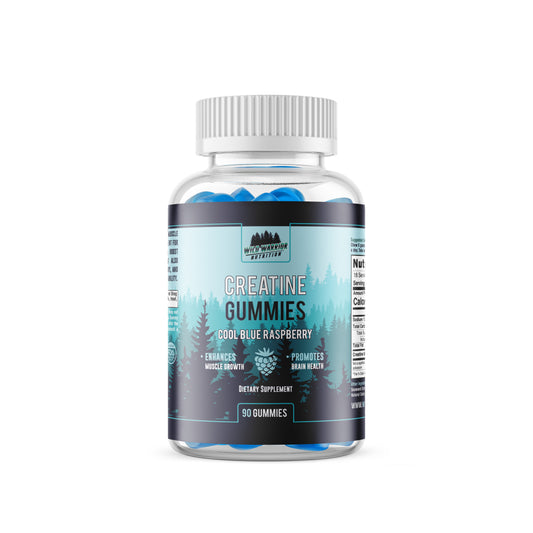Zinc is an essential trace element that plays a crucial role in various biological processes, including immune function, cell growth, and metabolism. One of the lesser-known, but equally important functions of zinc is its impact on testosterone production. Here we will delve into the scientific evidence that supports the connection between zinc and testosterone levels, and discuss why optimizing your zinc intake is so important.
The Role of Zinc in Testosterone Production
Testosterone is the primary sex hormone responsible for regulating libido, muscle mass, bone density, and fat distribution. It is also essential for maintaining overall health and well-being in both men and women. Zinc has been shown to play a vital role in the production and regulation of testosterone levels in the body.
Several studies have demonstrated the importance of zinc in the production of testosterone:
-
Zinc Deficiency and Testosterone Levels: A study published in the journal Nutrition found that young men with low zinc intake experienced a significant decrease in serum testosterone levels after 20 weeks. Conversely, when zinc-deficient elderly men were given zinc supplements, their testosterone levels increased significantly.
-
Zinc Supplementation and Testosterone Levels: A study conducted on elite male wrestlers found that zinc supplementation for four weeks prevented the decline in testosterone levels that typically occurs during intensive training. Another study involving male soccer players showed that zinc supplementation improved their testosterone levels and thyroid hormone function, which can contribute to better athletic performance.
These studies suggest that maintaining adequate zinc levels is essential for preserving healthy testosterone levels in the body.

How to Optimize Your Zinc Intake for Healthy Testosterone Levels
To support testosterone production and overall health, it's crucial to ensure that you're getting enough zinc in your diet. Here are some tips to help you optimize your zinc intake:
-
Incorporate Zinc-Rich Foods: Foods and supplements high in zinc include oysters, red meat, grass-fed beef testicle, and dairy products. Aim to consume a variety of these foods to meet your daily zinc requirements.
-
Consider Zinc Supplements: If you're unable to meet your zinc needs through diet alone, consider taking a zinc supplement. It's important to consult with a healthcare professional before starting any supplementation, as excessive zinc intake can lead to adverse side effects and interfere with the absorption of other minerals, such as copper. If you are interested in the supplement route, try our men's T-Support Formula or our Grass-fed Beef Testicle.
-
Monitor Your Zinc Levels: Regular blood tests can help you monitor your zinc levels and ensure that you're maintaining a healthy balance. Consult with your healthcare provider to determine the appropriate testing frequency based on your individual needs and health status.
Conclusion
The connection between zinc and testosterone is supported by scientific evidence and highlights the importance of maintaining adequate zinc levels for optimal hormonal balance. By incorporating zinc-rich foods into your diet and considering supplementation if necessary, you can support healthy testosterone production and experience the associated benefits, such as improved libido, increased muscle mass, and enhanced performance in the gym.
Footnotes
-
Prasad, A. S., Mantzoros, C. S., Beck, F. W., Hess, J. W., & Brewer, G. J. (1996). Zinc status and serum testosterone levels of healthy adults. Nutrition, 12(5), 344-348.
-
Prasad, A. S., Mukhtar, H., Ferrando, A. A., Adhami, V. M., & Ahmad, N. (2004). Effects of zinc supplementation on sexual function and plasma steroid hormones in hemodialysis patients. Renal Failure, 26(6), 647-654.
-
Kilic, M., Baltaci, A. K., Gunay, M., Gökbel, H., Okudan, N., & Cicioglu, I. (2010). The effect of exhaustion exercise on thyroid hormones and testosterone levels of elite athletes receiving oral zinc. Neuro Endocrinology Letters, 31(2), 277-281.
-
Kilic, M. (2007). Effect of fatiguing bicycle exercise on thyroid hormone and testosterone levels in sedentary males supplemented with oral zinc. Neuro Endocrinology Letters, 28(5), 681-685.
